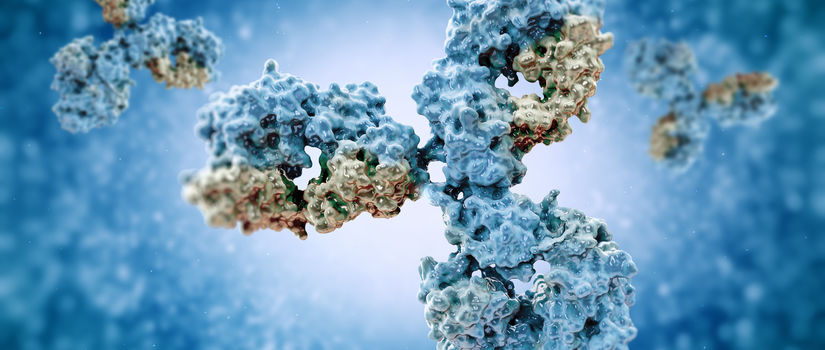
The development and validation of a process specific assay for host cell proteins (HCP) determination in therapeutic recombinant proteins should follow the specifications contained in monograph 2.6.34 of the European Pharmacopeia in a step by step approach:
1. Production of the HCP antigens
This phase is carried out by the client in a mock run of the active substance manufacturing process using a null cell line. This mock production must mimic the worst case in reference to the generation of HCP. Current analytical methods for the active substance must be employed to assure that no traces of active substance are present. Minimal purification (filtration, concentration) should be carried out to assure that no component of the HCP is lost during this process.
2. Characterization of the HCP antigens
The antigen against HCP proteins obtained in the mock production are analyzed by SDS- PAGE and/or 2D electrophoresis using a sensitive staining method (Coomassie blue or Silver) and the obtained results should be compared with the results obtained from a standard production of the active substance. It is recommended to have samples with the minimal possible purification and others that have followed the standard downstream process.
3. Production of polyclonal antibody reagent
The antigen HCP proteins obtained in the mock production are administered to animals (usually rabbis) to induce the immune response in these animals with objective to obtain sera with a high titre of antibodies against the HCP antigens. Once the titre of the sera antibodies measured with an ELISA test is high enough, each serum should be characterized by Western Blot and all sera pooled to obtain the maximum coverage of the HCP in the ELISA assay.
4. Purification and final characterization of the polyclonal antibody reagent
Pooled sera should be further purified by protein A or G chromatography and characterized by SDS-PAGE, titration and Western Blot.
5. Development of a quantitative ELISA assay for HCP determination
A quantitative ELISA should be developed considering the following subjects:
- Choosing the most suitable ELISA format: Direct, sandwich, competitive, etc.
- Reagents labeling.
- Optimization of the assay conditions.
- Characterization of the assay: Sensitivity, specificity, LLOQ, range, minimal dilution, etc.
- Definition of the suitability test.
6. Validation of a quantitative ELISA assay for HCP determination
Once the ELISA method has been developed, a validation of the method should be carried out by assessing the following parameters:
- Specificity
- Calibration range/curve
- Accuracy and precision
- Limit of detection and limit of quantitation
- Stability
- Robustness
- Dilution linearity
7. Sample analysis
Reached that point the analytical method can be used for each manufacturing batch as a quality control method for release. Each analysis should include the suitability test established in the ELISA development step and conducted in a GMP laboratory for the previous mentioned purpose.

